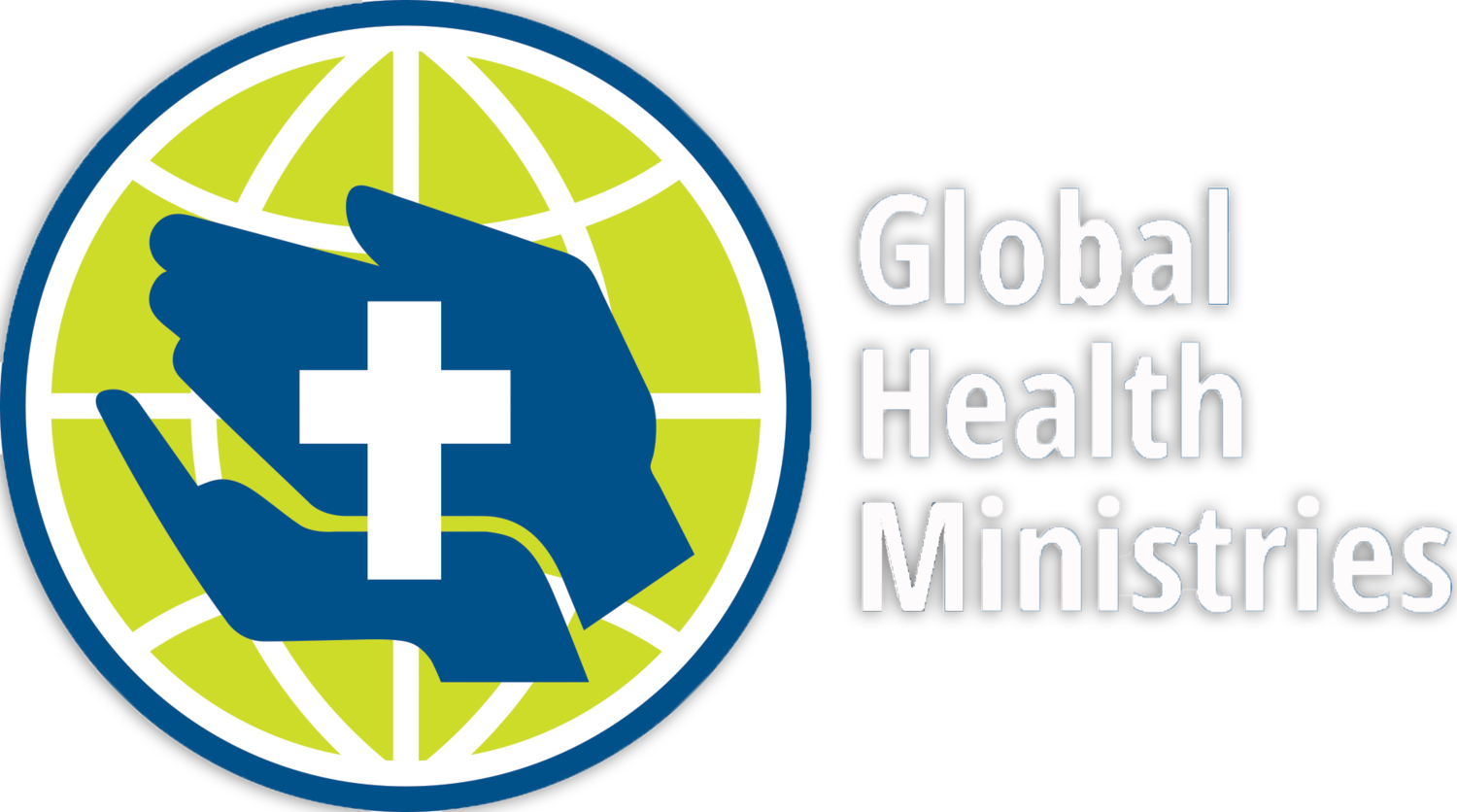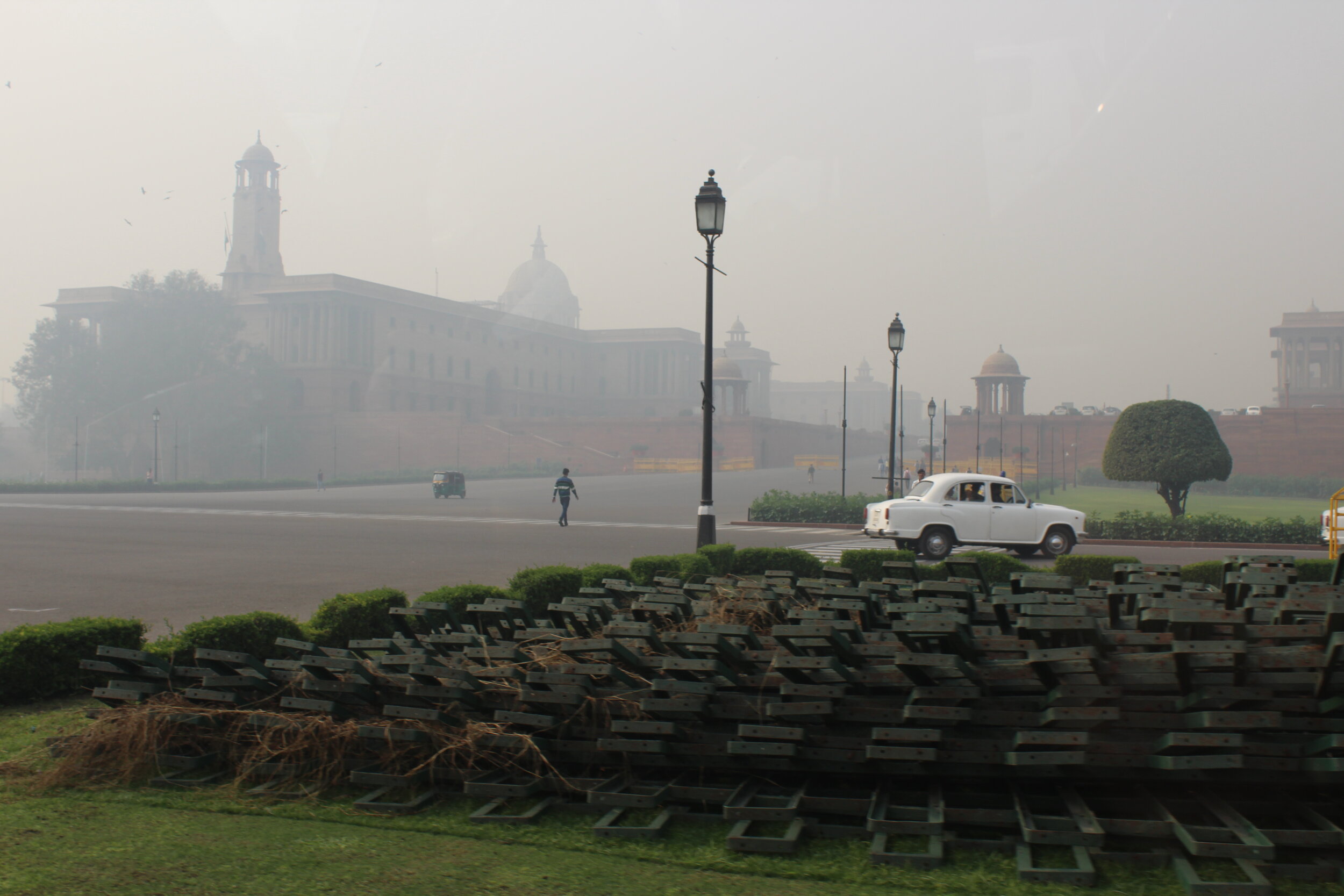I.C.U: India, Climate, Unity
This is part of a communication series to health leaders in our partner countries (sent May, 2021).
“I” is for “India” and “Intensive” – COVID-19 in India is INTENSIVE.
India became the first country (after the U.S.) to surpass 20M cases. India broke another record in April with more than 400,000 cases per day, and its daily death toll doubled over the course of 10 days (April 19-29) – and independent reporting suggests deaths are significantly undercounted.
While India’s healthcare system is being completely overwhelmed, a light is being shined on global Inequity: the wealthiest 27 countries have 36% of the vaccines and 10.5% of the population. "It is an apartheid," said Winnie Byanyima, executive director of UNAIDS.
The U.S. committed to share 60 million doses of the Astra Zeneca COVID-19 vaccine once it receives federal approval in the coming months. And the U.S. Agency for International Development began sending supplies to India, including oxygen cylinders, rapid diagnostic tests and 100,000 N95 masks to help India protect its front-line health workers. Gayle Smith, a former USAID head who helped lead the U.S. response to the 2014 Ebola outbreak in West Africa, was recently appointed to coordinate U.S. efforts to distribute COVID vaccine doses to low- and middle-income countries, including work on the 2021 COVAX Investment Opportunity to help fund the WHO’s COVAX facility. The U.S. has pledged $4B to COVAX. In a reversal of U.S. position, the Biden Administration said it is in favor of temporarily lifting intellectual property rights for COVID-19 vaccines. All 164 countries in the World Trade Organization will need to sign off when the WTO meets.
Inspiration … and Irony: World Immunization Week, celebrated in the last week of April, highlights the collective action needed to promote vaccines to protect everyone. WHO works with countries across the globe to raise awareness of the value of vaccines and immunization and helps governments obtain the necessary guidance and technical support to implement immunization programs. “Vaccines bring us closer” is the theme for the 2021; #VaccinesWork to bring us closer.
“C” is for “Climate” and “Care” – Our Climate needs our CARE.
Not all Change is Progress.
Climate change alters how we relate to other species on Earth and that matters to our health and our risk for infections. By changing the climate, we have changed the rules of the game for our partnership with plants and animals - and this affects where animals and plants live and where diseases may occur (Harvard C-Change: Center for Climate, Health and the Global Environment). Extreme conditions of fires, drought and floods, and water & air pollution are threats to health that have been exacerbated by humans; and COVID is exacerbating these impacts - inequitably.
New Habit-at?
Many of the root causes of climate change also increase the risk of pandemics. Deforestation, a root cause of climate change which is mostly for agricultural purposes, is the largest cause of habitat loss worldwide. Loss of habitat, e.g., due to warming or encroachment, forces animals to migrate and potentially contact other animals or people and share germs. The recent Ebola epidemic in West Africa is believed to have occurred in part because bats, which carried the disease, had been forced to move into new habitats because the forests they used to live in had been cut down to grow palm oil trees. Large livestock farms can also serve as a source for spillover of infections from animals to people.
Habitat loss from our demands on nature has resulted in the loss of species in the past 100 years at a rate not seen since the dinosaurs 65 million years ago when half of life on earth was lost. Climate change has already made conditions more favorable to the spread of some infectious diseases, including Lyme disease, waterborne diseases, and mosquito-borne diseases such as malaria and dengue fever (World Malaria Day was recognized 25 April).
Can You Breathe? Recent research from Harvard Chan found that people who live in places with poor air quality are more likely to die from COVID-19, even when accounting for pre-existing medical conditions, socioeconomic status, and access to healthcare. African American communities are disproportionately exposed to air pollution and we’re now seeing this pollution driving higher mortality rates from COVID-19.
Our health depends on the climate and the other organisms with whom we share the planet. How can we adjust the media’s treatment of climate change and global health as separate issues?
“U” is for “USAID” and “Unity”
The word “UNIT” in “ICU” is the root of Unity: The U.S. is back in WHO and the Paris Climate Accord.
The United States Agency for International Development (USAID), the primary global development and investment (over $21B/year) agency for the USA, has a new leader. Samantha Power, in her confirmation hearing before the Senate Foreign Relations Committee, outlined her top four priorities for USAID: “the COVID-19 pandemic, climate change, conflict and state collapse, and democratic backsliding.”
For the past year, USAID has been without a Senate-confirmed administrator, which led to “real drift and some challenges,” according to Senator Chris Coons, Delaware. U.S. development experts have broadly embraced Power’s appointment (Michael Igoe, Devex).
As head of USAID, Power, a Pulitzer Prize-winning journalist, academic and human rights activist and former US ambassador to the UN who was born in Ireland, will also have a seat on the White House National Security Council. Ms. Power noted:
“USAid is an agency that tackles the world’s hardest problems. It’s no secret that we’ve got a few of those on our plate right now – from Covid itself to the fallout from Covid economically, setting back so many development gains that have been experienced in a positive way in recent years,”
Lessons for Global Health Leaders
I.C.U: Our collective Intensity is needed to “see” what the virus is doing to our global community and act in Unity.
India Intensive: Especially with a fickle and dangerous virus foe, leaders practice humility. A country’s early apparent success with COVID does not provide immunity for conducting large gatherings of people. Info-demic management never ends.
Climate Care: Inequities abound and rebound. Leaders “see” how they are integrated with other issues, and act, not just yack, on their causes. Check out Bill Gates’ new book How to Avoid a Climate Disaster for ideas on how to act. Margaret Chan, former Director-General of WHO (and now the head of the School of Public Health at China’s top-ranked university, Tsinghua University), stated recently,
“The most important lesson of all is that Complacency kills. It is not a lack of learning that the world is struggling to bring the COVID-19 pandemic to an end. We do not lack solutions; we lack action to implement them. Now is the time to act.”
United Unit: The pandemic reminds us: we are one and we must Unite. Leaders bring people together – if not physically, then virtually and in heart and mind, for a common cause.
Asante/Gracias/Misaotra/Merci/Thank you for acting now to prevent each of us - and our planet - from requiring the Intensive Care Unit (ICU).
Rob Thames, FACHE, FHFMA, Director, GHAP (Global Health Administration Partners)

